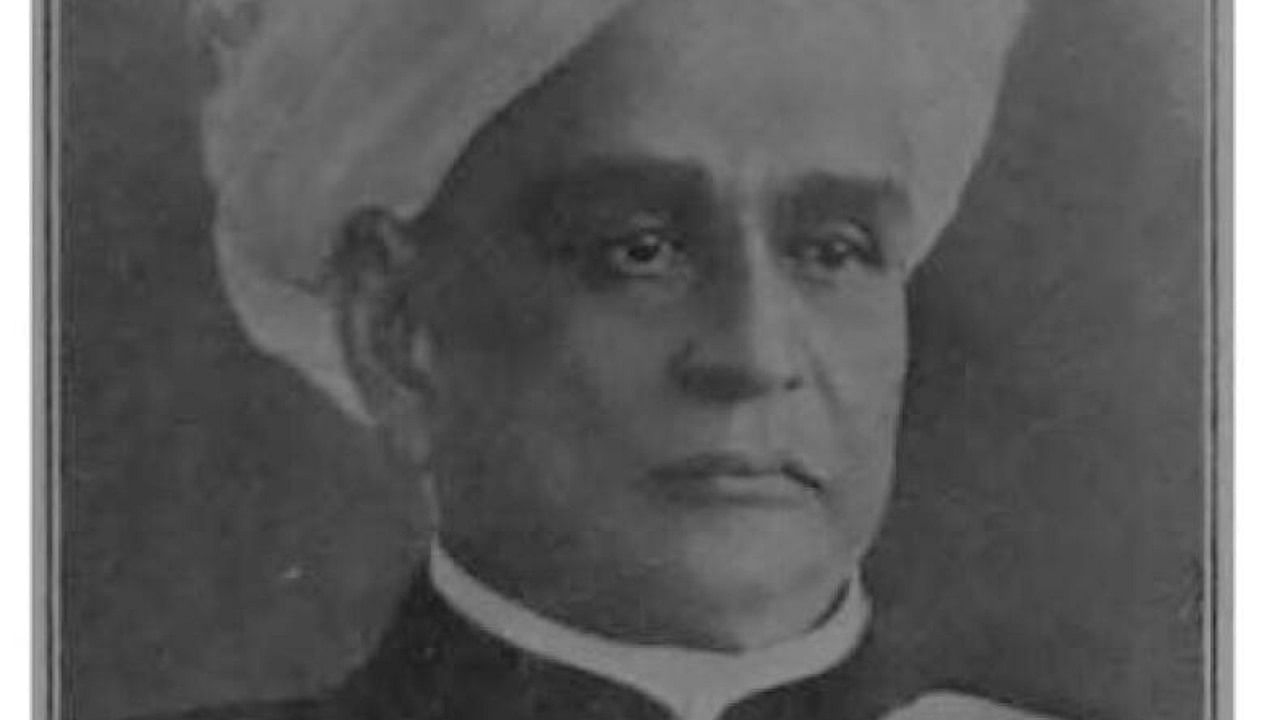
Though Princely Mysore achieved remarkable progress during the last two decades of the 19th century, the administration’s approach to newspapers came under widespread criticism. One among the critics was ‘Deshabhimani’, whose editor made caustic remarks about the then Dewan, K Seshadri Iyer, and his style of administration. This drew the ire of the government, extending over the next two decades.
It was during the regency of Maharani Vani Vilasa Sannidhana that many newspapers came out with sarcastic remarks, reports and news items. The editors came to be divided into two groups, namely the Madras Party and the Mysore Lobby, each pitted against the other. Each desired to protect their followers and most of the members claimed to be the guardians of public opinion. Very few took an impartial stance.
A majority of the newspapers being published during this time were in Kannada and English. There were papers in Urdu, Telugu and Tamil too.
In 1897, ‘Mysore Standard’, an English weekly owned and edited by Srinivasa Iyengar and his brother, was served a notice by the government. The reason was printing an article which “maligned the seat of regency”. The administration considered this highly objectionable and decided to impose strictures upon its printing and publication.
There were also remarks on the autocratic character of the Dewan. The newspaper continued to charge the Dewan with favouritism. This culminated in an incident which took place in 1905. That year, the correspondent of this newspaper was ordered to leave a Mysore Representative Assembly session. The newspaper continued to be published till August 1908, when it ceased in protest against the ‘Mysore Newspaper Regulation Act’.
On the other hand, the case of ‘Vrittanta Chintamani’ was different. When it published an article regarding the change-over in administration, the government served the publication a notice seeking clarifications.
‘Suryodaya Prakasha’ published stories about the treatment of plague patients and disposal of the dead and attracted the administration's wrath. Similarly, the handling of the plague by the government was questioned by another newspaper, ‘Madras Mail’, during the last month of 1900. This was considered seriously by the government.
Widening rift
The gulf between the administration and some newspapers widened when P N Krishnamurthy assumed office as the 16th Dewan of the Mysore State. He was an ardent supporter of the Mysore clique. But he was not liked by many newspapers. He took strict action against some newspapers, though according to D V Gundappa, he was not so stern like his predecessors.
V P Madhava Rao was the 17th Dewan of Mysore. In the beginning, he gave much of his attention to administration. During this period, there were political movements taking place in different parts of British India. Some newspapers made comments and editorial remarks about his style of functioning.
The Mysore Legislative Council came to be constituted on June 22, 1907. It was in this House that the ‘Mysore Newspapers Regulation Bill’ was introduced in August 1908. This contributed to the decline of V P Madhava Rao’s popularity. The Bill was moved by T Ananda Rao, the First Member of the Council of the Maharaja. While introducing the Bill, he said that the intention was to curb those who are attempting to prejudice the people against the administration.
It also specified that “No newspaper or other printed work whether periodical or other containing public news or comments upon public news shall, without the written permission of the Government of His Highness the Maharaja of Mysore, be edited, printed or published within the territories of Mysore.”
This regulation was criticised as autocratic. Five newspapers including ‘Mysore Herald’, ‘Mysore Standard’, ‘Vrittanta Chintamani’, ‘Bharathi’ and ‘Nadegannadi’ stopped their publications in protest.
Many newspapers commented upon the legislative procedures followed by the government. Several others considered the Dewan responsible for restricting journalism. They called for the government to uphold the freedom of the press, keeping it as a forum where public opinion is discussed and shaped. The Dewan demitted office on March 30, 1909. But the regulation was still in force.